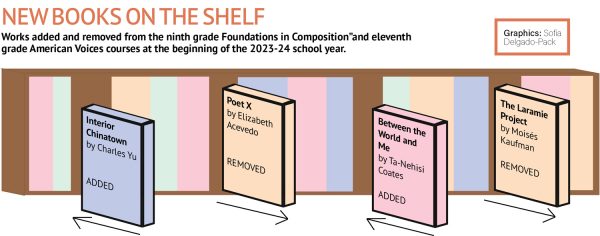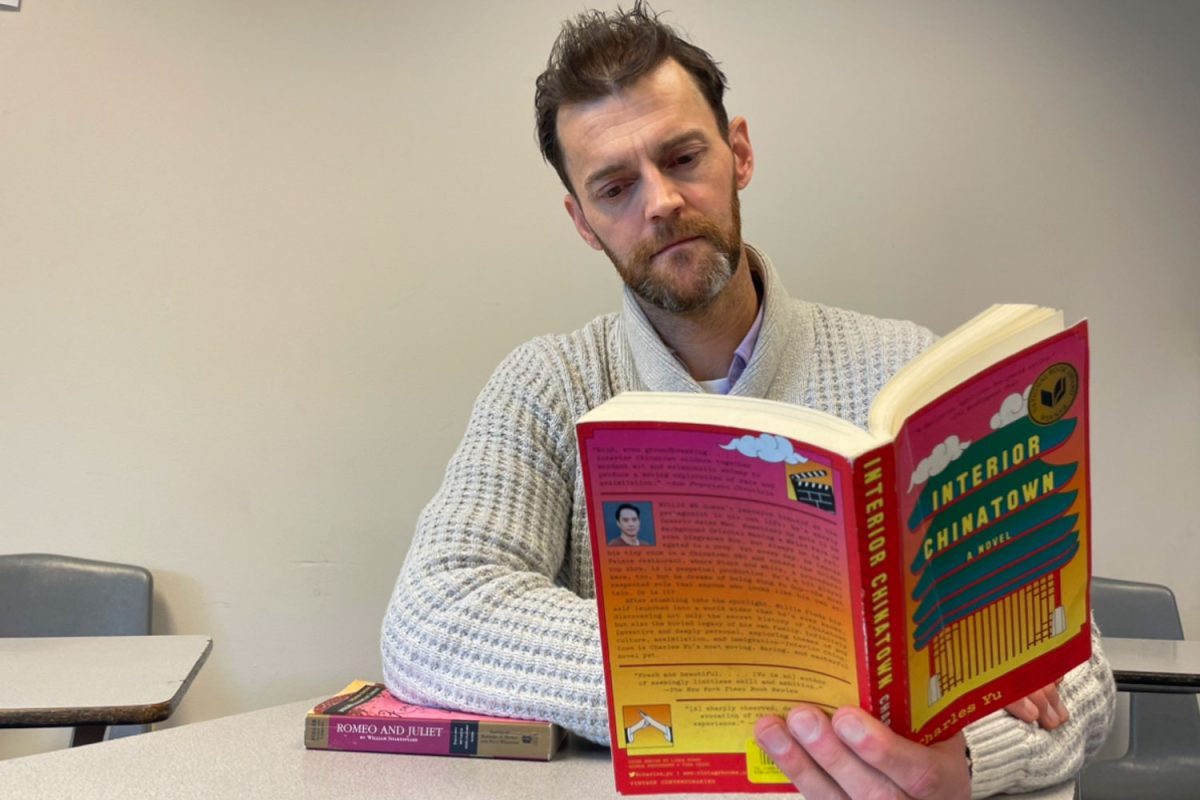At the beginning of the school year, University Prep’s English Department dropped Shakespeare’s “Romeo and Juliet” from the ninth grade Intro to Composition course. Currently, Shakespeare is solely taught in a twelfth-grade elective that focuses on canonical literature. The curriculum change leaves only one full-length book written before the 21st century in the ninth through 11th-grade curricula: Frederick Douglass’s “The Autobiography of a Slave” in 11th-grade American Voices.
English teacher Kim Gonzales explains why the play was removed.
“‘Romeo and Juliet’ didn’t have anything to do with composition,” Gonzales said. “It was a part of the curriculum because it’s often a part of ninth grade English. It was this relic that was leftover from when it was a different class.”
English teacher Sean Patella-Buckley also noted that there are other texts that allow students to more efficiently navigate the composition course.
“It just took so much time for students to develop the skills they needed to translate the text into modern language,” Patella-Buckley said, explaining how difficult it was for students to reach the point where they could ask what the text was saying and how it could apply to their own lives.
However, not all students agree with the decision. Senior Evan Harford felt that reading “Romeo and Juliet” benefited his composition skills. He was surprised to learn that ninth graders would no longer be reading the play.
“I feel like there are some books you just can’t remove from the high school curriculum—And [“Romeo and Juliet”] might be one of them,” Harford said. “I think Shakespeare and his work is so ingrained in our culture that people still talk about “Romeo and Juliet” to this day even though it was written 400 years ago.”
The removal of “Romeo and Juliet” comes after the English department cut Shakespeare’s “Macbeth” from the sophomore curriculum in 2018. That change came as the department truncated sophomore English into a one-semester course to make room for a new Humanities class.
English teacher Alana Kaholokula reflects on how the objective of diversifying the curriculum played a role in the removal of “Macbeth.”
“What we realized is that the curriculum, it was a bunch of dead white men and a bunch of oppressed black men. And those were the only representations we had,” Kaholokula said. “We decided that [Macbeth] was one of the things that was less important to us. Not because Shakespeare isn’t important, but because I didn’t feel like he needed to be put on a pedestal.”
Kaholokula also noted that at the time of “Macbeth’s” removal, students were still reading “Romeo and Juliet” and had the opportunity to take a Shakespeare elective that has since been removed.
Although sophomore Noah Roth has enjoyed reading books from a wide array of voices in English class, he also feels canonical literature has become under-represented in the ninth and tenth-grade curricula.
“I want to learn about new perspectives, but I also want to learn about these classic pieces that I hear about from my parents and my grandparents,” Roth said. “When they learned about it, it was such a cornerstone in their education.”
Many English teachers feel that modern literature is better suited towards helping students achieve curricular objectives.
“When it comes to something like my literature identity class, I feel that it’s more important to have more modern things in that because the discussions around the constructions of identity are going to be more reflective for my students if things are more recent,” Kaholokula said.




